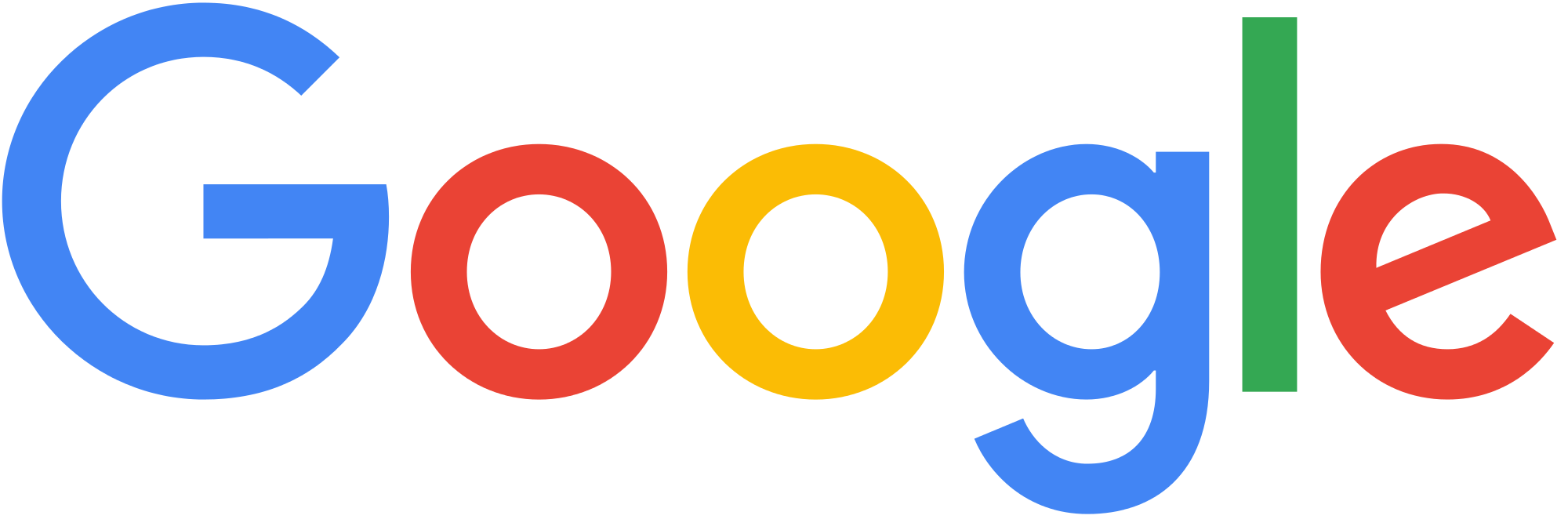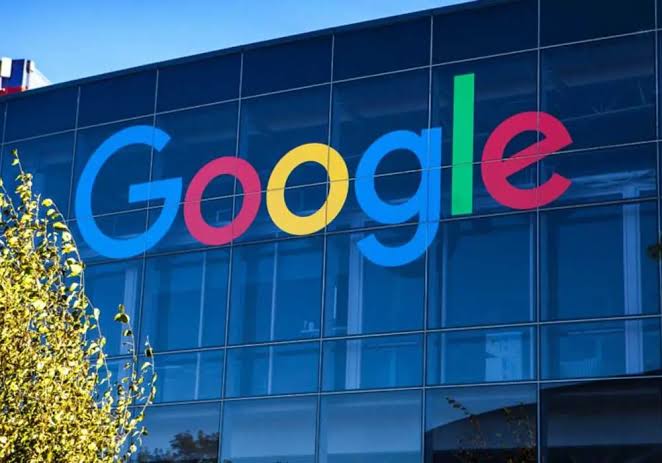NOTE: We’re archiving this post before the “search engine” removes it or scrubs it from being found.
UPDATE: “are Muslims bad” is no longer in the auto complete as of 9/13/2024
Search company removes antisemitic and sexist autocomplete phrases after Observer article highlights offensive results
You may be interested
Google has altered autocomplete suggestions in its search engine after it was alerted to antisemitic, sexist and racists entries.
Google’s autocomplete feature aims to suggest common searches after a user enters one or more words into the site’s search box or address bar of its Chrome browser.
Typing the phrase “are Jews” into Google, the search engine suggested “evil”, for “are women” it again suggested “evil” and for “are Muslims” it suggested “bad”, an Observer article reported.

On Monday the searches for Jews and women no longer returned those results, although the “are Muslims bad” autocomplete was still present.
A Google spokesperson said: “We took action within hours of being notified on Friday of the autocomplete results.” Google did not comment on its decision to alter some but not all those raised in the article.
It said: “Our search results are a reflection of the content across the web. This means that sometimes unpleasant portrayals of sensitive subject matter online can affect what search results appear for a given query. These results don’t reflect Google’s own opinions or beliefs – as a company, we strongly value a diversity of perspectives, ideas and cultures.
“Autocomplete predictions are algorithmically generated based on users’ search activity and interests. Users search for such a wide range of material on the web – 15% of searches we see every day are new. Because of this, terms that appear in autocomplete may be unexpected or unpleasant. We do our best to prevent offensive terms, like porn and hate speech, from appearing, but we acknowledge that autocomplete isn’t an exact science and we’re always working to improve our algorithms.”
This is not the first time Google and others’ autocomplete and search algorithms have caused offence. An auto-suggested photo tag within Google’s Photos service in July 2015 labelled two black teenagers as “Gorillas”. Google apologised and said it was working on “longer term fixes” around the recognition of dark-skinned faces as well as the linguistics of photo labels.
In May 2015, Google apologised when the White House was returned as a result for searches for “nigger house” and “nigger king” within Google maps.
Google declined to explain why the results occurred but a spokesperson said: “Some inappropriate results are surfacing in Google Maps that should not be, and we apologise for any offence this may have caused.”
In April this year Google apologised after a search for “unprofessional hairstyles for work” yielded image results showing predominantly black women with natural hair, while searching for “professional” ones returned pictures of coiffed, white women.
In June, Google’s image search also caused offence by returning criminal mugshots for searches of “three black teenagers” but not for “three white teenagers”.
Google has also previously denied “conspiracy theories” accusing it of censoring its search results to please the Conservative party in exchange for a deal over its taxes.
I hope you appreciated this article. Before you move on, I wanted to ask if you would consider supporting the Guardian’s journalism during one of the most consequential news cycles of our lifetimes.
We have never been more passionate about exposing the multiplying threats to our democracy and holding power to account in America. In the heat of a tumultuous presidential race, there is an urgent need for free, trustworthy journalism that foregrounds the stakes of November’s election for our country and planet.
Yet a small number of billionaire owners have a powerful hold on so much of the information that reaches the public about what’s happening in the world. The Guardian is different. We have no billionaire owner or shareholders to consider. Our journalism is produced to serve the public interest – not profit motives.
And we avoid the trap that befalls much US media: the tendency, born of a desire to please all sides, to engage in false equivalence in the name of neutrality. We always strive to be fair. But sometimes that means calling out the lies of powerful people and institutions – and making clear how misinformation and demagoguery can damage democracy.
From threats to election integrity, to the spiraling climate crisis, to complex foreign conflicts, our journalists contextualize, investigate and illuminate the critical stories of our time. As a global news organization with a robust US reporting staff, we’re able to provide a fresh, outsider perspective – one so often missing in the American media bubble.
Around the world, readers can access the Guardian’s paywall-free journalism because of our unique reader-supported model. That’s because of people like you. Our readers keep us independent, beholden to no outside influence and accessible to everyone – whether they can afford to pay for news, or not.
If you can, please consider supporting us just once, or better yet, support us every month with a little more. Thank you.
Betsy Reed
Editor, Guardian US
Full credits: https://www.theguardian.com/technology/2016/dec/05/google-alters-search-autocomplete-remove-are-jews-evil-suggestion













